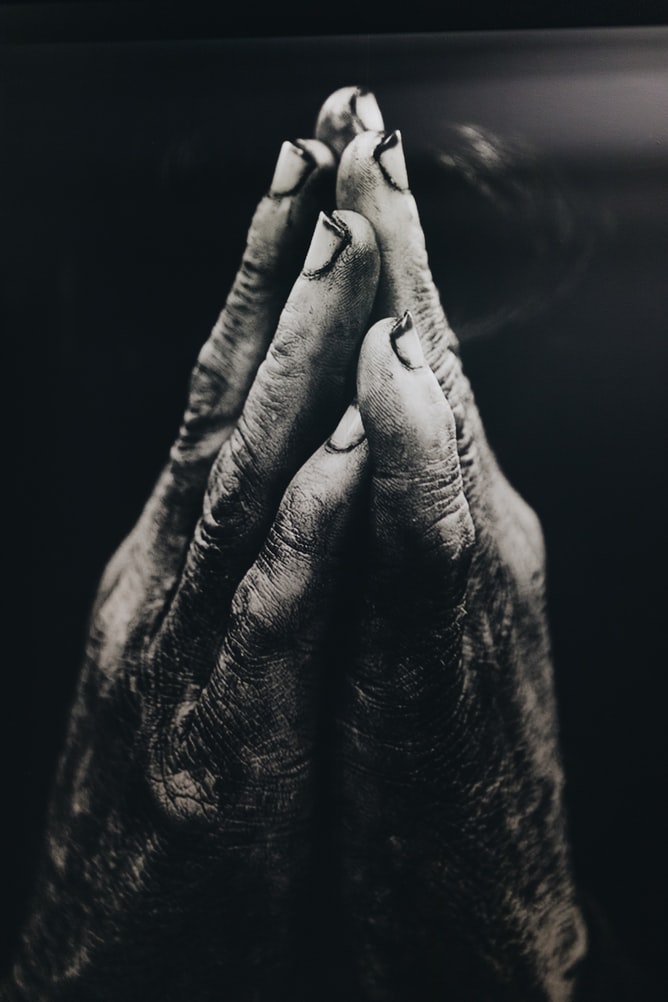For the first time in 15 years, the United States Commission on International Religious Freedom (USCIRF), removed Uzbekistan from its list of Countries of Particular Concern (CPC) and lowered it to the status of Special Watch List (SWL) in light of the overwhelming reforms and steps taken to advance religious freedom in the past few years. Following the death of authoritarian leader Islam Karimov- who placed draconian restrictions on religious practice and worship-, the coming to power of prime minister Shavkat Mirziyoyev has simultaneously ushered in a new era of reform and provision of human rights.
Under Mirziyoyev’s leadership, thousands of peaceful religiously-affiliated citizens were removed from a blacklist of individuals presumed to be inclined towards extremism, and in 2017, Uzbekistan allowed an in-person visit from the United Nations special rapporteur on freedom of religion or belief Ahmed Shaheed. Knox Thomas, former US special envoy on religious minorities in the Middle East and South and Central Asia, reflected on his recent trips to Uzbekistan and the nation’s efforts to restore its global image by addressing crucial religious freedom issues: in June 2018, the Uzbekistan Parliament adopted a ‘roadmap‘ of reform; children have recently been permitted to visit mosques for worship; and even some religious prisoners of conscience have been acquitted of their charges.
In October 2020, Uzbekistan presented a draft law “On freedom of conscience and religious organisations” to the European Commission for Democracy Through Law (Venice Commission), who responded by welcoming reforms such as “the reduction of the required minimum number of believers to create a religious organization, the removal of the ban to wear religious attire in public and the requirement that liquidation of a religious organization be pronounced by a court instead of administrative bodies…” The Venice Commission does note, however, that there are still some issues which need reform in order to fully comply with international human rights standards, such as Uzbekistan’s still existing ban on unregistered religious groups and activities, restrictions on religious education and materials, and the prohibition of missionary work, all of which “does not provide for strong guarantees of the autonomy for religious organizations.”
Regardless of the work that still needs to be done, Uzbekistan’s concrete steps in the right direction are worthy of recognition. USCIRF Commissioner Nadine Maenza commended Uzbekistan while at the same time highlighting issues for further improvement:
“In recent years, Uzbekistan has demonstrated a commitment to improving conditions for the exercise of this fundamental human right, and we call on the government to follow through on that commitment by further revising this and other relevant legislation. This would also mark a critical step toward Uzbekistan’s removal from the Special Watch List.”
USCIRF Commissioner Nury Turkel also stated:
“As the government of Uzbekistan undertakes this crucial next step, it should carefully consider the recommendations of the international community, including those that pertain to bans on unregistered religious activities, the private teaching of religion, and missionary activities; burdensome registration requirements; and restrictions on places of worship and religious literature. Uzbekistan should take this momentous opportunity to inscribe into law substantive and meaningful religious freedom protections.”
Cover Photo by Nathan Dumlao on Unsplash

